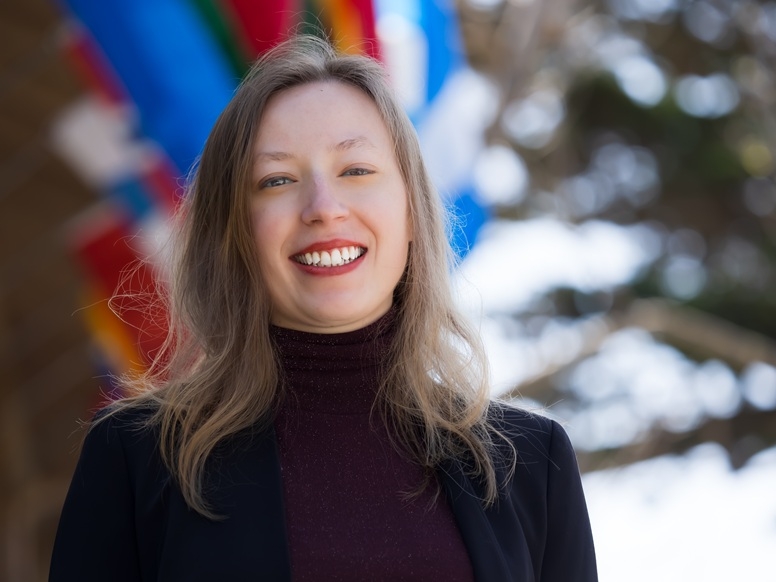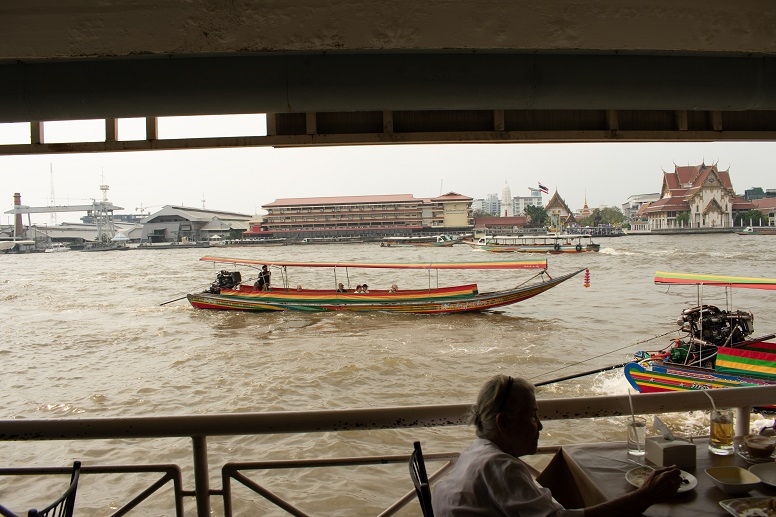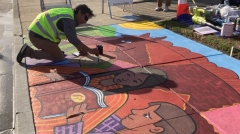Student Perspective: What We Could Learn from the Massive Youth-Led Protests in Serbia in March 2025
| by Roo Luo MAIPD ‘25
This year’s Peace and Reconciliation in the Balkans global learning course coincided with the largest protests in Serbian history. International policy and development student Roo Luo shares what she thinks changemakers from across the world could learn from Serbian youth.





